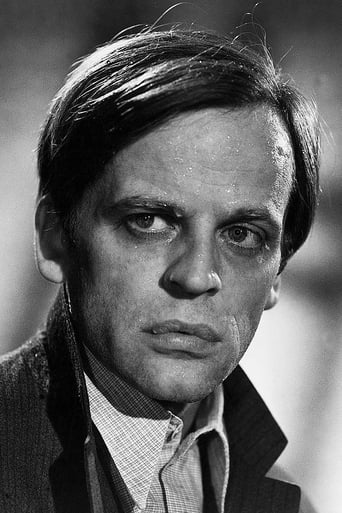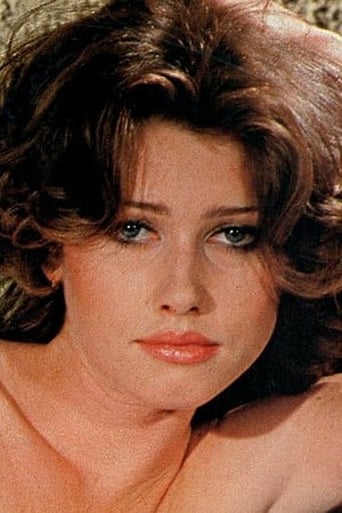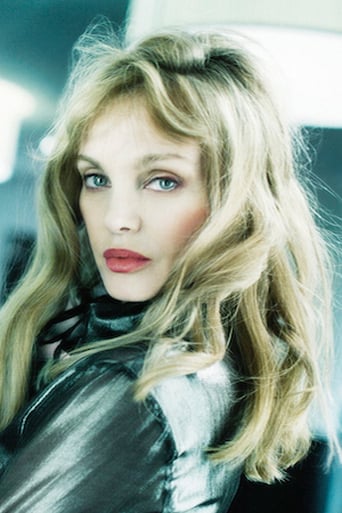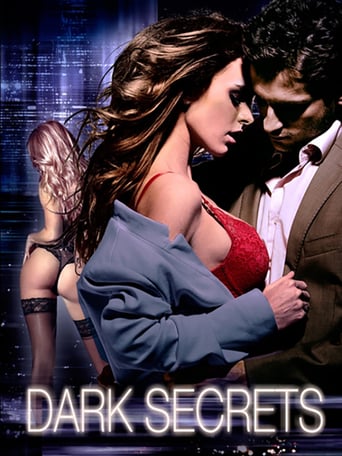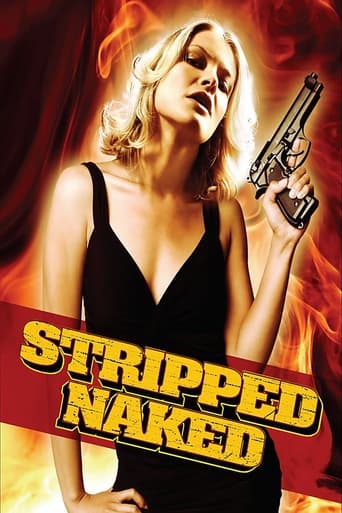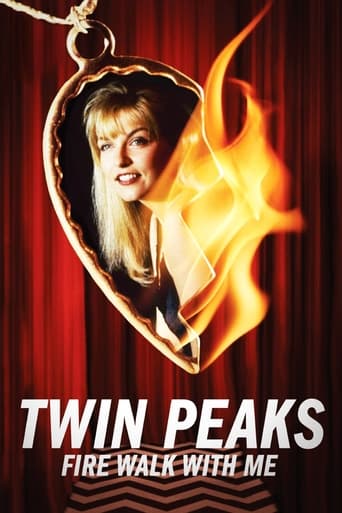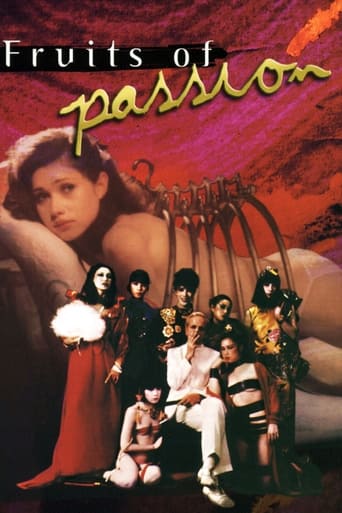
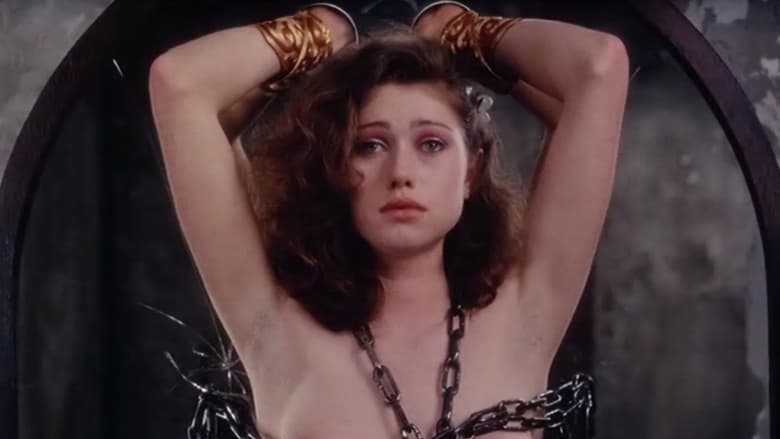
Fruits of Passion (1981)
A girl named O loves a rich, and much older man. She is subjected to a variety of humiliating experiences to prove her unconditional obedience to him in a Chinese brothel. A poor boy sees her and falls in love with her. To get the money needed to sleep with her, he takes part in rebellious acts.
Watch Trailer
Cast
Similar titles


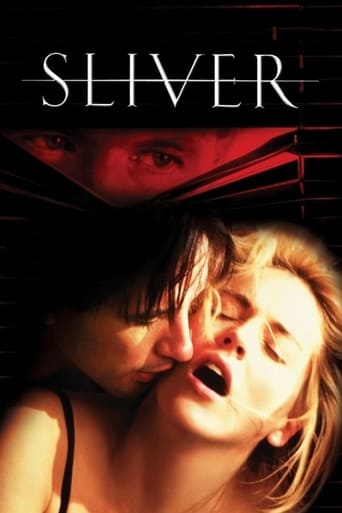
Reviews
Fantastic!
A lot of fun.
if their story seems completely bonkers, almost like a feverish work of fiction, you ain't heard nothing yet.
It's simply great fun, a winsome film and an occasionally over-the-top luxury fantasy that never flags.
I never had a chance to watch Kinski much, but I think what he had given to us with 'Aguirre - The Wrath of God', 'Woyzeck', 'Fitzcarraldo', 'Nosferatu' and 'Cobra Verde' is something that makes him matchless. His cadaver looks may haunt any mainstream viewer for weeks together. Now, I praise Kinski for his artistic abilities and menacing performance, but I never intended to see him in this trash called 'Les Fruits de la Passion'. I think that the frequent run-ins with director Werner Herzog spoiled Kinski's career. Herzog knew to redeem Kinski's talent, while the other directors didn't. Shuji Terayama tries to copy Pauline Reage's erotic fantasy novel called 'The Story of O', but has needlessly added his own style and symbolism for the sake of making this soft core porn film a piece of art. Direction wise this is an okay flick but mistreats the audience with lame sequences that either don't mean much or are entirely awry.The film begins with a wealthy western Sir Stephen (Klaus Kinski), who comes to Shanghai with his mistress (or lover?) 'O' (Isabelle Illiers). Sir Stephen is an aging businessman, who has an insatiable hunger for sex. Since he himself is engaged physically with numerous women, he wants 'O' to serve herself at a local Chinese brothel to strange customers. The brothel owner 'Madam' (Pîtâ) is a transvestite or at least this appears the way she dresses herself and speaks with the prostitutes. Sir Stephen wants to test 'O''s love for him by watching her make love with several intolerable men. Someone is a butcher who reeks blood while the other wants to make love cuckooing like a bird! Sir Stephen hopes that 'O' will completely surrender herself to make her partner (Sir Stephen) happy. But you see, there is a condition here. Sir Stephen thinks that 'O' will only physically belong to some man at a point of time, but will mentally remain involved with him every time. After testing 'O' with several men, Sir Stephen decides to retest 'O' and makes love right before her eyes with his another french girlfriend Nathalie (Arielle Dombasle) while 'O' is leashed in chains! While Sir Stephen is engaged in sick games, the peasants and labors are uniting for a revolution. Unfortunately, Sir Stephen goes in the bad books of the revolutionaries, when he decides not to aid the revolution. While Sir Stephen feels himself torn between Nathalie and 'O', the kindhearted 'O' finds solace in the arms of a young Chinese revolutionary, who secretly loves her. The film ends with Nathalie leaving Sir Stephen and heading to Europe and 'O' fainting when a fortune-teller tells that Sir Stephen killed the very revolutionary who made her feel true love and was trying to kill himself when he was fortunately saved. The fortune-teller hands 'O' a note that says 'She is free to go wherever she wants.' While the film teems with heavy symbolism and vivid imagery, some of the sequences are hard to perceive. For instance, there is a story associated with almost every prostitute of the brothel. Also, Shuji Terayama must have been nuts to show the lovers as fathers as in one of the scenes we see baby O's father magically transforming to Sir Stephen who encircles (and thus limits) her and walks out. In another scene a prostitute dominates his client with lashes. Soon we see him transforming into prostitute's own father. Then there is a drowned piano and floating dead bird which are uselessly and forcibly included. This was rather an unnecessary film that came in 1981. Shuji Terayama could have excelled had he invested into horror, which was at its zenith during the early 80s. Kinski surely degrades himself posing his tuberculous body but is effective as an actor. Illiers has one of the most innocent faces I've ever come across while Dombasle looks like a failed-actress-clung-to-a-millionaire. Personally I don't think Kinski's chemistry works out as good with the other directors as it works with Werner Herzog. So this berated film of a berated actor fetches 4 on 10. Once again Kinski proved that he didn't mind selling himself 'For A Few Dollars More'.
This is one of the worst films I have seen in a while.The problem is that it doesn't know whether it wants to be an intelligent political film, 'artistic' or an exercise is eroticism. As a result it fails on all accounts.The acting is atrocious, the narration off putting and the supposed symbolism pointless.Klaus Kinski is probably the best thing about this film but that isn't a good thing. Sure he has an intense and 'unique' look but ultimately he can't actually act. Just look at how he reacts when his mistress leaves....Really don't watch this film, some say it needs repeat viewings I say one is too many.
I first saw this film by chance when I was visiting my uncle in Arizona about 3 and 1/2 years ago. The VHS print was a little faded looking, but I was very haunted by what I had watched. Did it all make sense? Well, honestly, no it didn't. However, this is a film that requires more than one viewing to understand all of its aspects. The beautifully tragic score haunted me and the bizarre images made quiet an impression.Well, when I found out that Anchor Bay had released this oddity on DVD, I picked it up immediately. I was very pleased by the transfer, though I felt the extras rather lacking. Though the film concerns the "O" and Sir Stephen characters, it really has nothing to do with Pauline Reage's original novel or the 1974 film The Story of O. However, the film does pay attention to artistic detail and symbolism of an almost mystic kind. "O" decides to prostitute herself for Sir Stephen in violent 1920s Hong Kong. Her mission is to prove her unending devotion and love for her master through giving her body to other men. Naturally, Sir Stephen enjoys watching her during her unpleasant sexual escapades and even finds himself a mistress. However, the tables are turned when "O" actually finds a kind of love with a young male admirer. Suddenly, Sir Stephen feels the threat...I feel that the deep meaning behind the film (including the tragic score and artistic direction) really make this film a classic. The viewer is introduced not only to the lives and pasts of "O"'s fellow brothel mates, but the turmoil of 1920s Hong Kong is also explored. Like the political setting, the prostitutes all find themselves in need of belonging. No one is happy in the film, even if they believe that they are. (However, "O" does find a sense of happiness with her young admirer). One prostitute tearfully remembers how her father used to act like a dog when she was drunk, naturally leading to a fetish for having her customers act like a dog. Another older prostitute is obsessed with her past as an actress. She cannot let that vision go. She treats her clients as co-stars and even swears she hears a piano in the river. As for "O", she has a flashback about her father leaving her in a chalk circle. When he leaves, she feels a sense of abandonment. Of course, in that same flashback Kinski suddenly becomes her father. I was very, very disturbed by this image. I truly felt for "O" at this point in the film. She hardly ever smiles and this scene really explains why. Her fear of abandonment is so great that she sees Sir Stephen as her father and caters to his every obscene demand in hopes of proving her love. Another curious aspect of the film is the young child (that ages at the end) that sells fortune in a box. It is a very random character, but somehow it just adds to the sense of loss and emptiness in the film. At one point, the director even uses painted cardboard figures to represent people. Now, if that isn't symbolism for you! (Laugh) All in all, I really love this film. I feel that it is a very deep and somewhat moving experience. It has erotic scenes, but the scenes aren't really meant to arouse. Like the lives of the characters, the sex acts are empty. They are motions, but lack feeling and tenderness. (Once again, the only tender scene is between "O" and the young man). "O" believes she is in love and that lowering herself is an honor, however, she finds in the end that she has choices. She too can be her own person and pursue her own happiness, however, she also has the option to stay in that circle that her father drew. The director leaves a lot of unanswered questions, however, some things don't need answers. The viewer will make the judgment that works for them. I must say that I wish a special edition of this DVD would be released that had director commentary. I think it would be fascinating to hear his opinion of the film and its message years later. It is a shame that the soundtrack was never released. This film has a truly haunting and heart breaking score. There is something about the lingering vocals that send a chill up my spine. I can truly feel the sense of loneliness in the film by just listening to the music.
First I need to say that this film is not a porn movie nor it is trash. If you expect an erotic film, you will be disappointed, although there are some sexual scenes. The text of the DVD sleeve (I own the Anchor Bay version) awakens wrong expectations for this movie and contains false information about the story. Instead, I found its photography a very beautiful artwork. It is made with a high sense for colors, great images, perfectionism in detail and a beauty in its pictures that is found rarely in newer movies in the western world. Maybe this is one reason why it may bore some people with a more speedy expectation for films then it is shown in this slowly developing story. The exotic environment of the story is a brothel in Hongkong, 1920, where "O", a French girl, surrenders totally to Mr. Steven (Klaus Kinski), desperately hoping to reach his heart.If this was an American movie, it would have surely a happy end - but it is an eastern and sad story of an unfulfilled love. I find it worth to watch it more than once to enjoy its artwork and to understand its deep symbolism. It is not an easy film, especially for those used to watch Hollywood-productions only. Be prepared to watch it consciously and with full attention, otherwise you might not like it. I highly recommend it for people with a sense for somehow old-fashioned esthetics, art, eastern culture, beautiful images, and, of course, it is a must-see for all the fans of the greatest German actor, Klaus Kinski.
